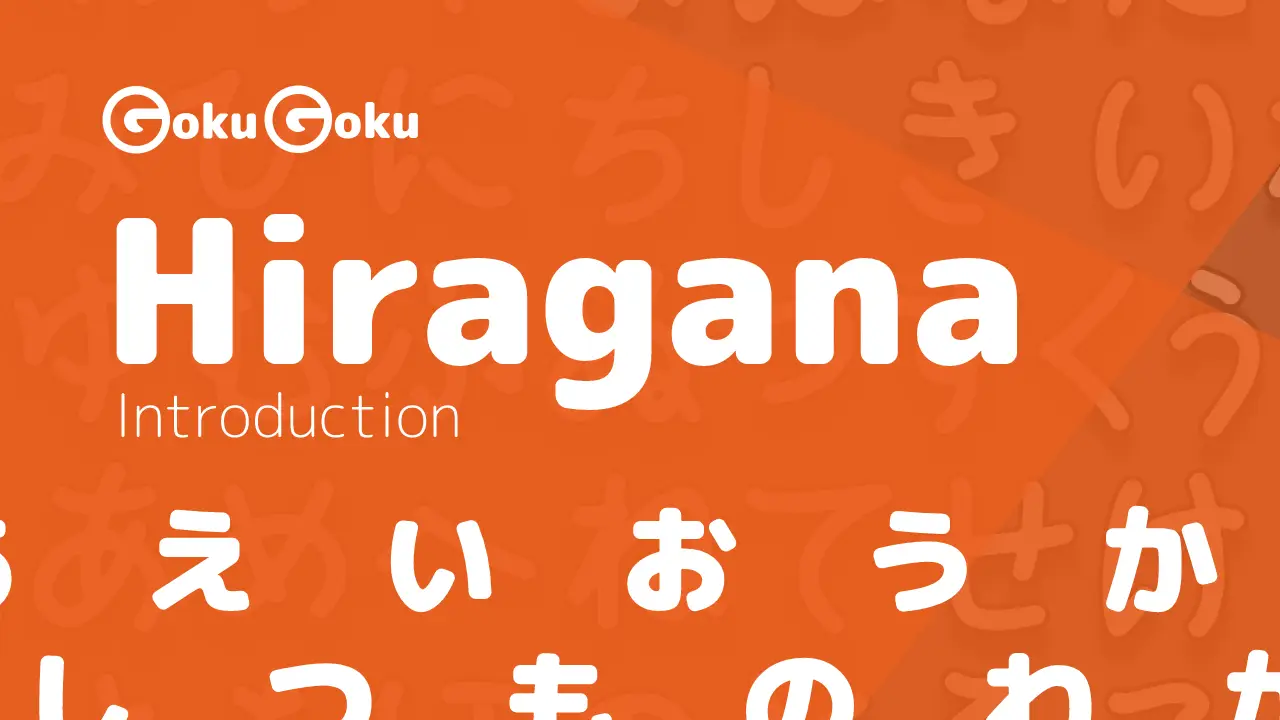できる (dekiru) Meaning Japanese Grammar - Can
Anna Baffa Volpe
Get in touch with meThe verb できる (dekiru) means can, to be able to, to be good at, to be able to do something; it is a verb related to the ability to do something, the skill and the capacity.
In this post we learn more about the meaning of できる, how it is formed and when できる is used through real example sentences.
できる has also a number of meanings beyond the potential form and the translations vary depending on circumstances and context.
How できる is formed
The transcription in kanji of できる is 出来る.
The first form we see is the use of a noun combined with the verb できる.
This form is applied especially to those verbs that some grammars call compounds of suru and are formed by:
- noun + する
to do - 運動する do exercise, movement
- 料理する do the cooking, cook
- 会話する have a conversation, chat
料理が出来る。
I can cook.
The particle が is omitted in an informal, colloquial context.
Another very common use includes:
- the verb in plain form and in the present tense
- joined to the noun こと (thing, fact, event)
- the particle が
- and the verb できる
⇨ I can, I am able to perform, to accomplish the fact of ...
Difference between ができる and ことができる
運転することができる。
I can drive.
運転ができる。
I can drive.
The two sentences have the same meaning and are grammatically correct.
In a formal context the complete form verb + ことができる is used; e.g. in official documents mentioning legal regulations or in contracts.
How and when to use できる
The structure containing できる expresses the ability and capacity to do something. In Japanese it belongs to the 可能形, the potential forms.
The various forms used are:
- できない negative plain form of できる
- できます is the polite form in masu
- できません the negative of the polite form in masu
ジェームスさんは5km以上、泳ぐことができます。
James is able to swim more than 5 km.
It also expresses the possibility to do something: we are given the opportunity to do that action, we have permission, it is possible to do it, we are allowed.
このレストランではクレジットカードで支払うことができます。
In this restaurant you can pay by credit card.
図書館では音を出すことができないので、イヤホンは必須と言えます。
Earphones are essential in libraries as sound is not allowed.
The sentence with ことができる in the negative form literally:
音を出すことはできない。
No sound can be produced.
この喫茶店ではWi-Fiを使うことができます。
Wi-Fi is available in this Cafe.
Various meanings and translations of できる
As we have anticipated, できる has a number of meanings that vary depending on the context, the situation and which we adapt in our mother tongue.
雨が降って水たまり出来る。
Puddles form after raining.
顔に吹き出物が出来た。
A pimple came out on my face.
急に予定がキャンセルになり暇ができた。
My schedule was suddenly cancelled and I have some free time.
あと10分でイベントの準備ができる。
In 10 minutes we will be ready for the event.
料理が出来た!
Food is ready!
出来た in the plain form or 出来ました in the polite form, is widely used in the meaning of being ready.
わが社は1980年にできた。
Our company was founded in 1980.
この仕事は今週中にできる。
This work will be finished within this week.
用事ができた。
I have an engagement.
木でできている物
Things made of wood
A comment on an Origami Tutorial Video:

出来ました。久々の折り紙、折ってみると気持ちいいですね。
I did it! It feels good to fold origami after a long time.
できるだけ, as much as possible
できるだけ is a commonly used expression in Japanese and means: everything possible, as much as possible, the best that can be done.
明日朝早いんだから、できるだけ早く寝なさい!
Tomorrow morning (you have to get up) early, so go to bed as early as possible!
出来るだけ貴方のプロジェクトに貢献するつもりです。
I intend to contribute to your project as much as I can.
A synonym of できるだけ is なるべく.
その件については、なるべく早く対応します。
I will deal with the matter as soon as possible.
Similar grammar points in Japanese 📚
から
から (kara) Meaning Japanese Grammar - Because
だけ
だけ (dake) Meaning Japanese Grammar - Only
たりする
たりする (tari suru) Meaning Japanese Grammar - Do Such Things as A, B Etc
ちがう
ちがう (chigau) Meaning Japanese Grammar - No
まだ
まだ (mada) Meaning Japanese Grammar - Still
ないでください
ないでください (naide kudasai) Meaning Japanese Grammar - Please Do Not Do

